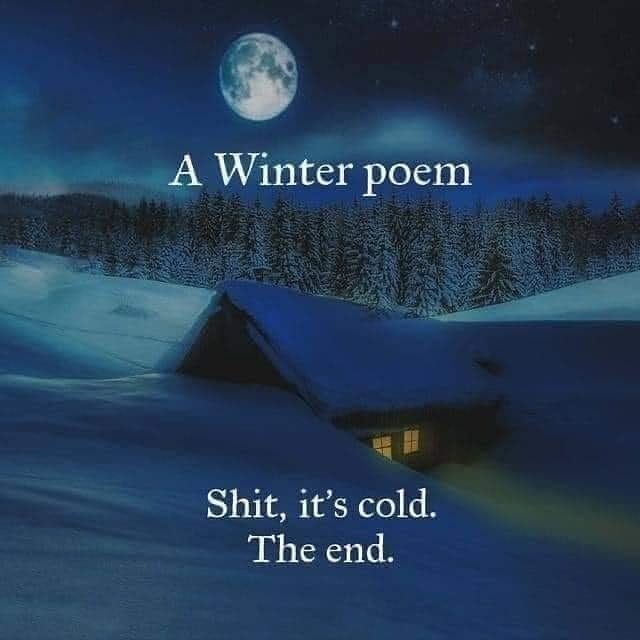Elixir
Lewis Warsh
What matters most my friends are gone
See their faces, hear them speak
"I have so many regrets," he said
Ice cream, he wanted ice cream
The nurse brings me a cup of cold orange sherbet
The first thing I've eaten in days
Shklovsky's Third Factory and Alice's For the Ride
On my bedside table
I woke up thinking I was in my own bed
Shelley, the night nurse, brings me a pitcher of ice water
Everyone has a pathology—I was angry for a long time
And I didn't know why
In the middle of a fight
She put her hand through a French window
We had to take a taxi to the ER at St. Vincent's
It takes years to figure out who you are
When the surgery is over you open your eyes
You must sign a consent form, you must sign your life away
Soon I will leave the hospital and walk down the street like any stranger
Once I arrived without asking at her house in the middle of night and she let me in
There's no one around to witness these moments
There's no one here except Shelley the night nurse
The last time I was in the hospital my roommate was Lee Konitz
He died soon after—I read it in the newspaper
I listened to him sing to himself in his sleep
My roommate was discharged earlier in the day, so I'm alone
Visiting hours 3-7, we'll talk on the phone
I see all the faces of my friends every day
I met Larry Fagin in the back of Gino & Carlo, a bar in San Francisco, 1963
I played chess and drank beer with Lee Harwood in my apartment in Cambridge
"You can go home on Friday," the doctor says, "no reason to stay here any longer"
He called Katt after the surgery to assure her everything went well
Bill Corbett was the best man at my wedding in the country, 1975
You can begin a sentence with a capital letter and end with a period, or not
Bill Berkson and I embraced one last time outside EJ's, May 2016
I told Ted Greenwald I would "See him soon" and he said "You better come back tomorrow"
The last time I saw Joanne Kyger was after her reading at DIA, "Oh Lewis!
I ate lunch with Bill Kushner at Le Grainne and I knew something was wrong
I'm writing from Lenox Hill, my bed near the window
Soon the light will come up over the city
The night nurse, Shelley, will bring me a Percocet, maybe two
And no doubt Dr. Newman and his team will visit and the day nurses will arrive
"Think of the most beautiful place," the anesthesiologist says as he puts me under
And my mind goes blank
Katt's face as I step from the shower and she dries my back and shoulders
My scrawny shoulders
Thursday 4 A.M.
June 11, 2020
from the book ELIXIR / Ugly Duckling Presse
https://mailchi.mp/poems/todays-poem-elixir-lewis-warsh-6078452?e=6ec42bce63
#poem #poetry #literature


